The space between streams of stars may be influenced by the presence of the universe’s most mysterious form of matter.
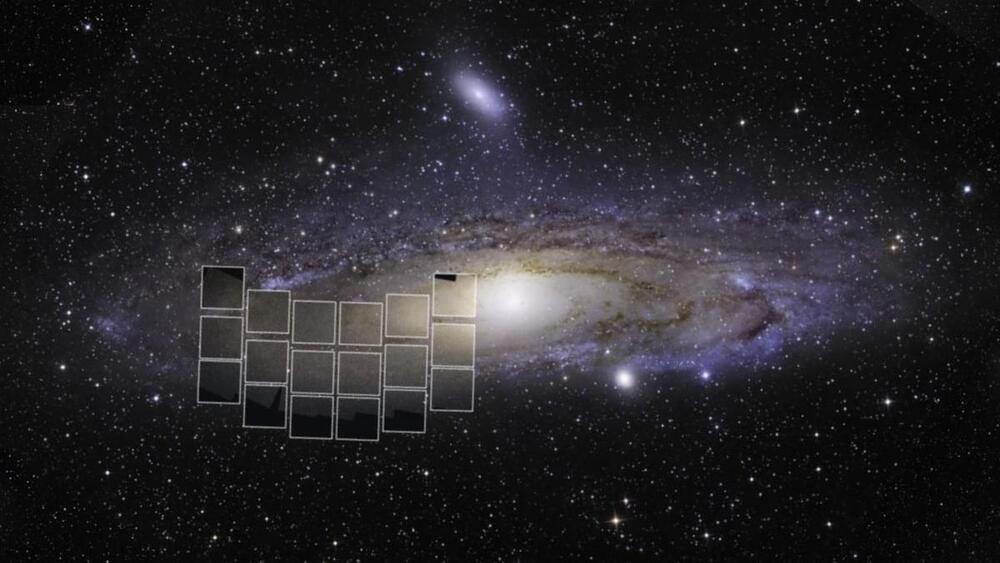

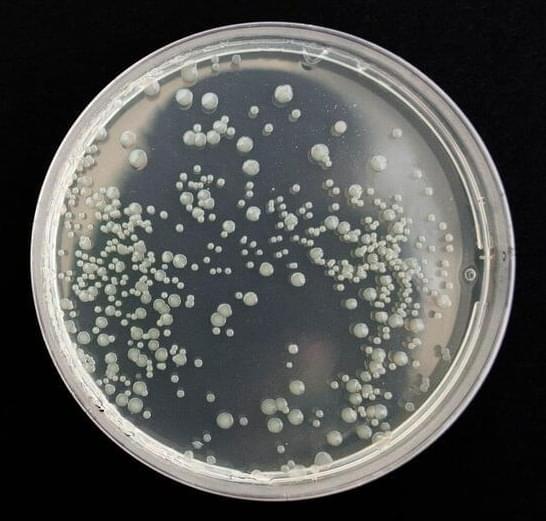
Instruments smaller than a human hair are being designed to eradicate antibiotic-resistant bacteria and fight cancer.
Dr. Ana Santos becomes emotional when describing what happened several years ago: Her grandfather and an uncle died of urinary tract infections and a good friend succumbed after an accidental cut got infected.
She was shocked. In an age of antibiotics, such misfortunes weren’t supposed to happen.

Researchers at Columbia University have successfully synthesized the first 2D heavy fermion material. They introduce the new material, a layered intermetallic crystal composed of cerium, silicon, and iodine (CeSiI), in a research article published in Nature.
Heavy fermion compounds are a class of materials with electrons that are up to 1,000 times heavier than usual. In these materials, electrons get tangled up with magnetic spins that slow them down and increase their effective mass. Such interactions are thought to play important roles in a number of enigmatic quantum phenomena, including superconductivity, the movement of electrical current with zero resistance.
Researchers have been exploring heavy fermions for decades, but in the form of bulky, 3D crystals. The new material synthesized by Ph.D. student Victoria Posey in the lab of Columbia chemist Xavier Roy will allow researchers to drop a dimension.
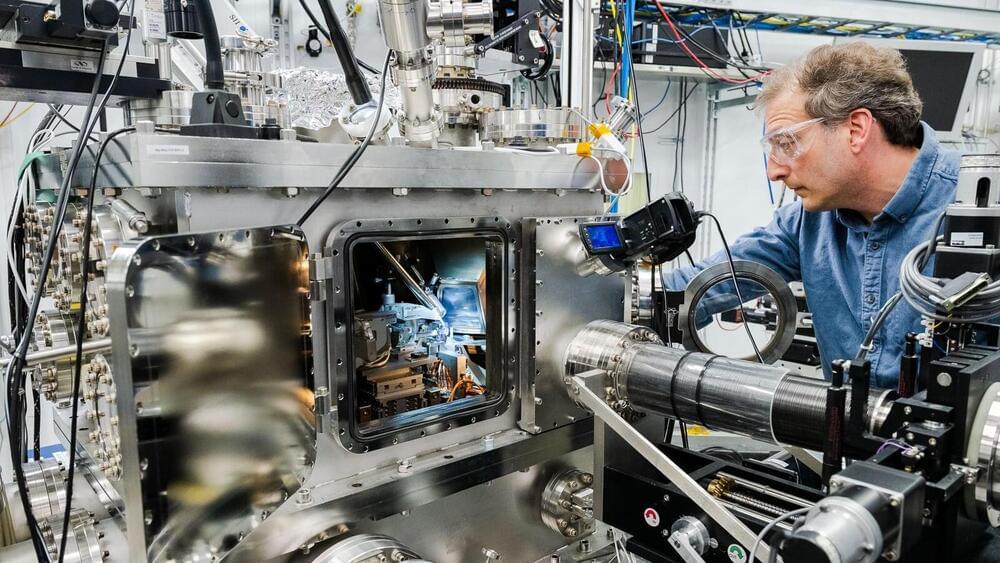
Silicon carbide is becoming a major player on the quantum scene. Widely used in specialized electronics goods such as LEDs and electric vehicles, silicon carbide boasts versatility, wide commercial availability, and growing use in high-power electronics, making it an attractive material for quantum information science, whose impact is expected to be profound.
Drawing on physics at the atomic scale, technologies such as quantum computers, networks, and sensors will likely revolutionize areas as varied as communication, drug development, and logistics in the coming decades.
Now, scientists at the U.S. Department of Energy’s (DOE) Argonne National Laboratory, DOE’s Sandia National Laboratories, and partner institutions have conducted a comprehensive study on the creation of qubits—the fundamental units of quantum information processing—in silicon carbide.
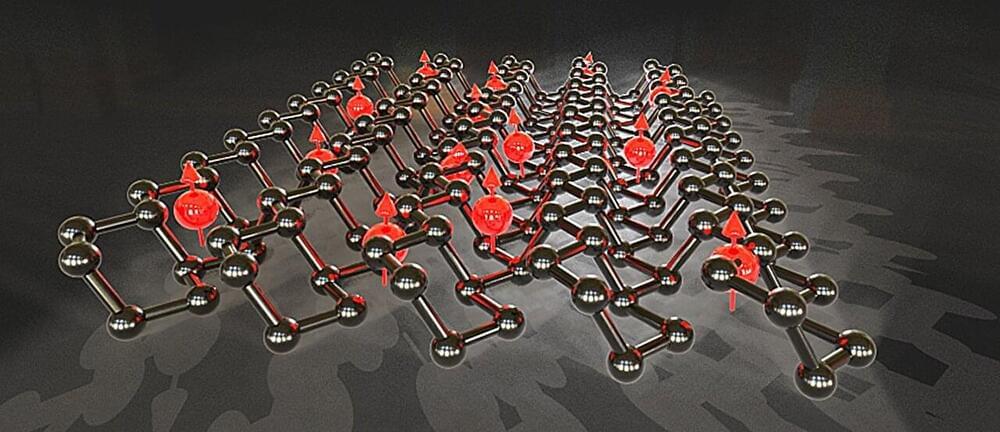
With modern electronic devices approaching the limits of Moore’s law and the ongoing challenge of power dissipation in integrated circuit design, there is a need to explore alternative technologies beyond traditional electronics. Spintronics represents one such approach that could solve these issues and offer the potential for realizing lower-power devices.
A collaboration between research groups led by Professor Barbaros Özyilmaz and Assistant Professor Ahmet Avsar, both affiliated with the Department of Physics and the Department of Materials Science and Engineering at the National University of Singapore (NUS), has achieved a significant breakthrough by discovering the highly anisotropic spin transport nature of two-dimensional black phosphorus.
The findings have been published in Nature Materials.
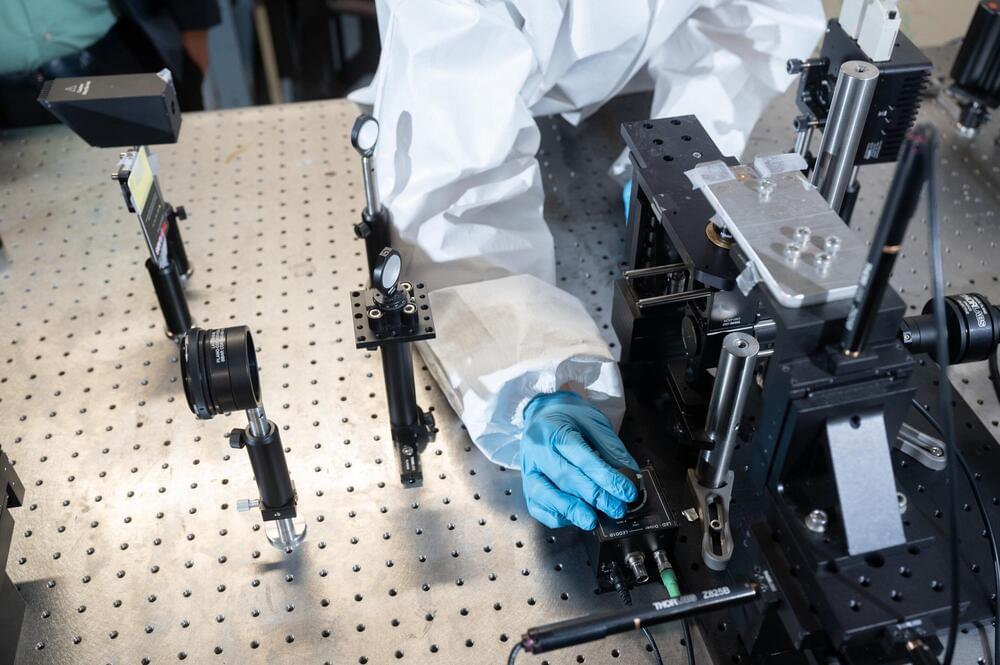
Researchers at the Georgia Institute of Technology have developed a light-based means of printing nano-sized metal structures that is significantly faster and cheaper than any technology currently available. It is a scalable solution that could transform a scientific field long reliant on technologies that are prohibitively expensive and slow. The breakthrough has the potential to bring new technologies out of labs and into the world.
Technological advances in many fields rely on the ability to print metallic structures that are nano-sized—a scale hundreds of times smaller than the width of a human hair. Sourabh Saha, assistant professor in the George W. Woodruff School of Mechanical Engineering, and Jungho Choi, a Ph.D. student in Saha’s lab, developed a technique for printing metal nanostructures that is 480 times faster and 35 times cheaper than the current conventional method.
Their research is published in the journal Advanced Materials.
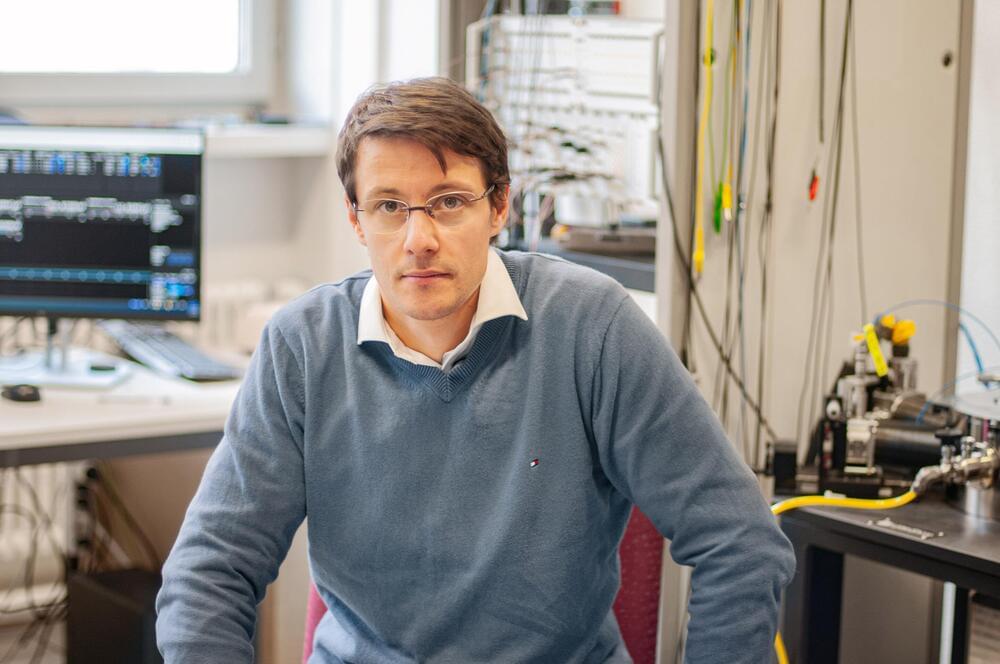
When Mickael Perrin started out on his scientific career 12 years ago, he had no way of knowing he was conducting research in an area that would be attracting wide public interest only a few years later: Quantum electronics. “At the time, physicists were just starting to talk about the potential of quantum technologies and quantum computers,” he recalls.
“Today there are dozens of start-ups in this area, and governments and companies are investing billions in developing the technology further. We are now seeing the first applications in computer science, cryptography, communications and sensors.” Perrin’s research is opening up another field of application: Electricity production using quantum effects with almost zero energy loss. To achieve this, the 36-year-old scientist combines two usually separate disciplines of physics: thermodynamics and quantum mechanics.
In the past year, the quality of Perrin’s research and its potential for future applications has brought him two awards. He received not only one of the ERC Starting Grants that are so highly sought-after by young researchers, but also an Eccellenza Professorial Fellowship of the Swiss National Science Foundation (SNS)F. He now leads a research group of nine at Empa as well as being an Assistant Professor of Quantum Electronics at ETH Zurich.

Perhaps the greatest and most frustrating mystery in cosmology is the Hubble tension problem. Put simply, all the observational evidence we have points to a universe that began in a hot, dense state, and then expanded at an ever-increasing rate to become the universe we see today. Every measurement of that expansion agrees with this, but where they don’t agree is on what that rate exactly is.
We can measure expansion in lots of different ways, and while they are in the same general ballpark, their uncertainties are so small now that they don’t overlap. There is no value for the Hubble parameter that falls within the uncertainty of all measurements, hence the problem.
Of course, most of the results depend on a long chain of observational results. When we measure cosmic expansion using distant supernovae, for example, the result depends on the derived distances of these supernovae as found through the cosmic distance ladder, where ever greater distances are determined based on the distance of closer things.
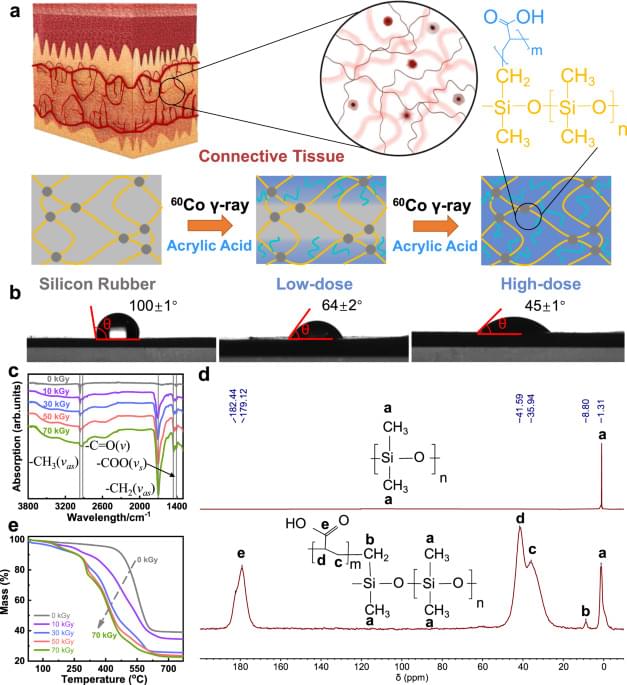
Robust hydrogels offer a promising solution for the development of artificial skin for bionic robots, yet few hydrogels have a comprehensive performance comparable to real human skin. Here, the authors present a general method to convert traditional elastomers into tough hydrogels via a unique radiation-induced penetrating polymerization method.
